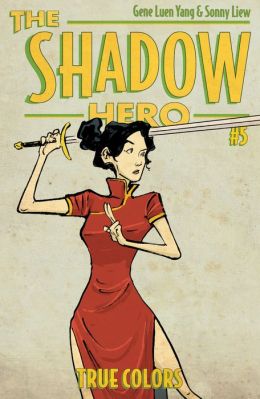I first learned how to play Mahjong in high school. My best friend Arthur, an immigrant from Taiwan, taught me. Mahjong is sort of like a Chinese version of poker, only with tiles instead of cards. Like most games that are able to captivate an entire culture, Mahjong blends skill and luck. Four players sit at a square table, pulling tiles from the neatly stacked wall or pushing them into the mush pot middle. Sessions can often last for hours.
When I told my parents about my new pastime, my mother was thrilled. She’d played with her family when she was young, so she felt like I was reclaiming a piece of her past.
My father didn’t quite have the same reaction. “Mahjong is for kids who don’t have anything better to do,” he told me. “Mahjong is for kids who won’t have jobs when they grow up.”
I played anyway.
Our games usually took place on Friday nights at Arthur’s house. Sometimes we chatted about girls or teachers or sports while we shuffle the tiles. Other times, we played in a tense quiet, waiting for the right tile to be thrown. Nobody seemed to know the rules all that well, not even Arthur. We’d often have to consult his mom to resolve disputes.
For me, the thrill of Mahjong went beyond the game play. Not only did it connect me to my friends in the present, it gave me a tangible way to interact with a culture that I normally experienced only through echoes.
The game has a special place in my heart, which is why I included it in The Shadow Hero, my upcoming graphic novel with Sonny Liew. Hank Chu, a Chinese American teenager who becomes a masked crime-fighter known as the Green Turtle, has a special affinity for Mahjong. Hank’s father and uncles introduce him to the game, and it’s how they bond as a community.
But Mahjong also plays a part in the underworld of Hank’s Chinatown. The criminals of our story are like the Mahjong version of DC Comics’ Royal Flush Gang. Each character is named after a Mahjong tile. When Hank struggles to bring the bad guys to American justice, he’s also struggling against his connection to his community.
I haven’t sat down at a Mahjong table in well over a decade, but I can still hear the click-clicking of our shuffling when I think back to high school. You need to give Mahjong a try, if you haven’t already. There are plenty of digital versions these days, but I wouldn’t recommend them. No Internet game can beat sitting down at a square table, feeling the coolness of the tiles beneath your fingertips, and talking with your friends about nothing at all.
Gene Luen Yang’s first book with First Second, American Born Chinese, is now in print in over ten languages and was a National Book Award finalist and winner of the Printz Award. Yang’s other works include the popular comics adaptation ofAvatar: The Last Airbender, and the New York Times Best-Selling graphic novel diptych Boxers & Saints. The Shadow Hero, the story of the first Asian-American superhero is his most recent graphic novel. It is being published in six e-issues, starting in February, 2014; the fifth issue will be available on Tuesday, June 17th.










